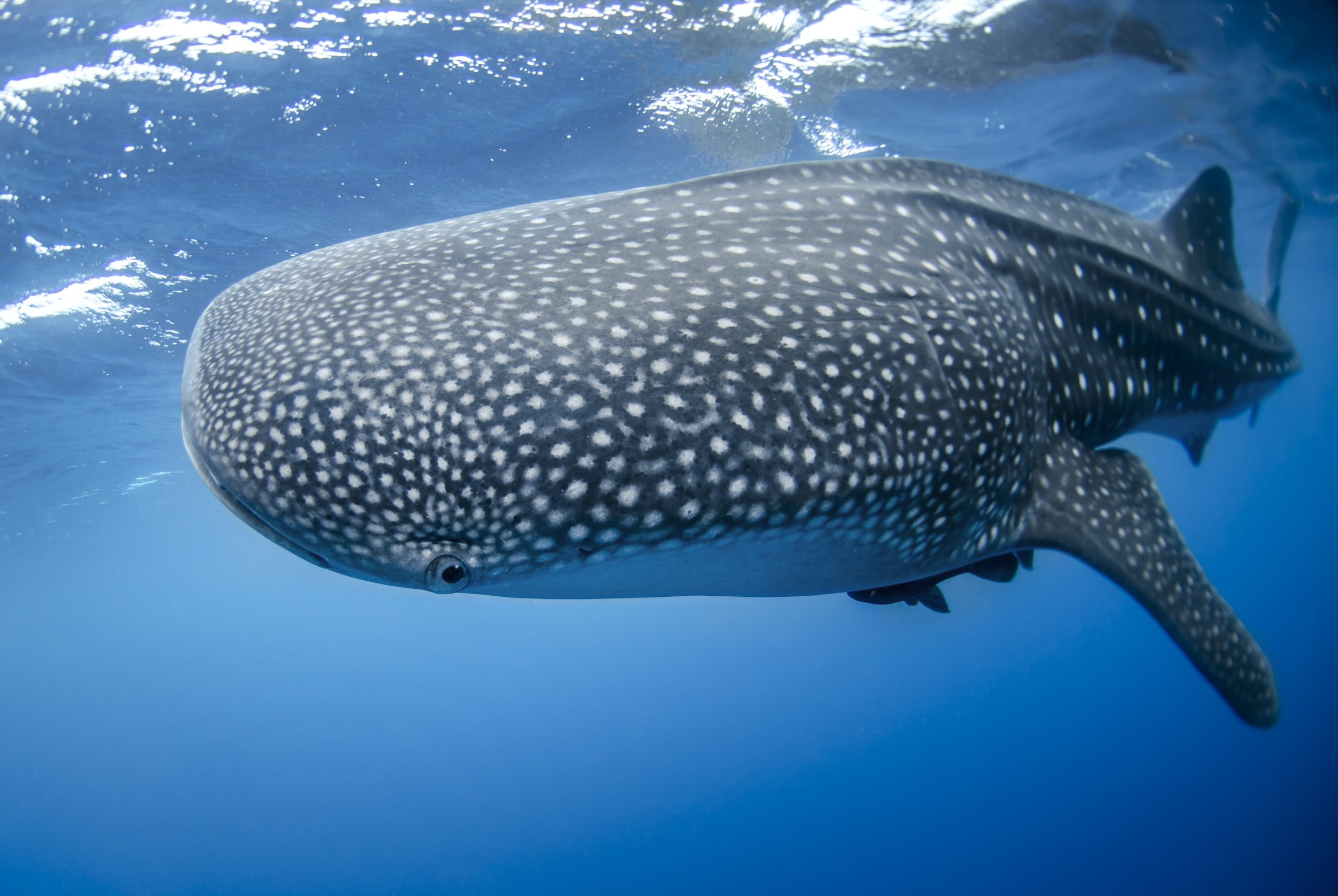Lessons from Jonah - The Great Fish (1:17-2:10)
When Jonah requested to be thrown into the sea, was he repenting and saying that he deserved death for his sins against God or was he saying that he would rather die than have to obey and go to Nineveh? We don’t know for sure but the answer is prob somewhere in the middle. He also seems impacted by the good character of the seamen so maybe his motivation was out of guilt. Since he wasn’t seeking God in the moment, he probably wasn’t in true repentance. We see from the rest of the story that his journey away from his main problem of self-righteousness will take some time.
Ironically, Jonah refused his original mission to go to Nineveh because he didn’t want to be involved in extending mercy to the pagan Ninevites. He is now confronted with that exact same situation on the ship with extending mercy to the pagan sailors. Except now, extending mercy to his fellow shipmates will require the sacrifice of his own life - or so he thought.
Substitutionary Love: The best and most rewarding type of love involves substitutionary sacrifice. This is how God loves us. Since we are created in God’s image, this is why this type of love is so rewarding. Jonah made a substitutionary sacrifice for the sailors while Jesus became the substitutionary sacrifice for our sins.
When we fully grasp the substitutionary sacrificial love that Jesus showed to us, we are able to reproduced this in our own relationships. The truth is that we live most fully in this world through sacrificial love. You can give without loving but you cannot love without giving.
Successful parenting and marriages require frequent and ongoing sacrifices and substitutional love. We must regularly put the interests of others interests ahead of our own. Our culture defines love as a transaction for self-fulfillment - you stay in a love relationship as long as you are profiting from it. Substitutionary love doesn’t use others to meet their own needs.
Fully Understanding Grace: Jonah found God’s grace, but he first had to get swallowed by the fish. He was left alone with God and nothing else. Jonah had to be brought to the end of himself both in the water and his faith. He had to go down before he could go back up. We learn the greatest secrets of God’s grace when we are at the bottom – forcing us to completely depend on Him. We don’t realize that God is all we need until He is all we have.
Towards the end of his stay in the fish, Jonah finally realizes that “salvation comes only from the Lord.” He cannot save himself with his own righteousness. Only then is he is redeemed and spit out of the fish. But, his repentance is only partial. Fortunately, God is patient with him – and us.
Grace is not an easy concept to embrace in current culture. It isn’t thought to be necessary. People are taught to be accepting. Moral standards are relative to each. No one has a right to make us feel guilty. Jonah lacked in understanding grace because he thought he was righteous and didn’t need it.
When we fully appreciate our need for grace, we are able to understand the greatness of grace. We don’t learn these things by being told; we have to be shown as God was showing Jonah. We have to find ourselves in the belly of the whale with no other options.
The doctrine of grace sets Christianity apart from all other faiths. Other religions come with the burden of one having to secure their own salvation. God provides unearned but costly grace. It is an understanding of this grace that makes us a Christian – not the fact that we are religious, moral, or nice.
Let grace be the background music of your life.
Stay hungry,
Big E
Matt. 5:6

